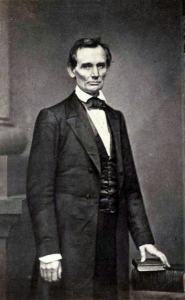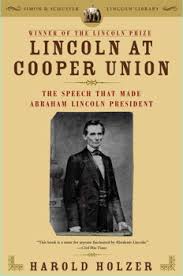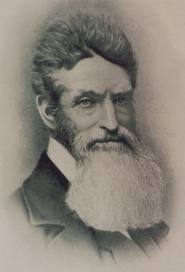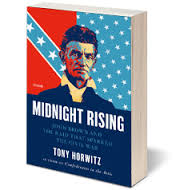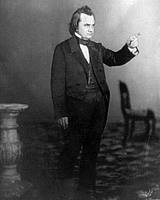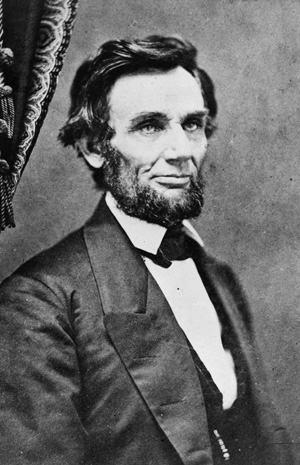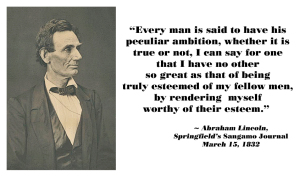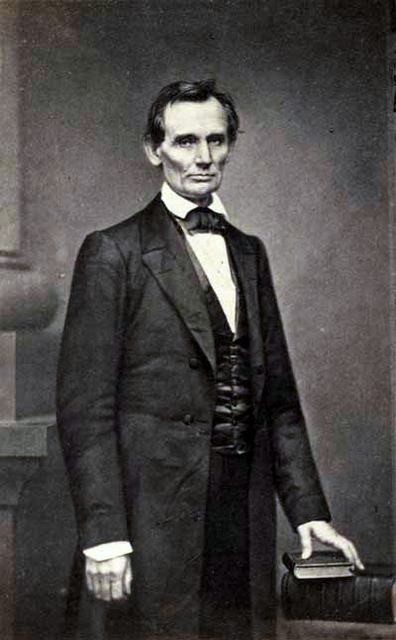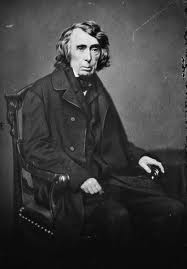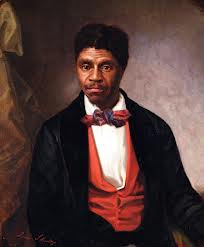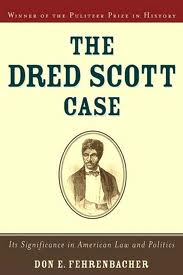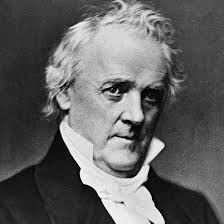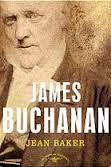 |
| This Lincoln photograph by Samuel G. Alschuler in Chicago on November 25, 1860, shows the president-elect’s new beard. |
In which we discuss the reasons behind the collapse of the Democratic Party, the resulting four-way contest for the presidency, and Abraham Lincoln’s victory on Election Day, November 6, 1860.
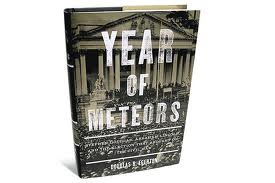
Our book recommendation for this episode is Year of Meteors: Stephen Douglas, Abraham Lincoln, and the Election that Brought On the Civil War by Douglas R. Egerton.
“Well-informed, judicious, and lively political history. Douglas Egerton has a sharp eye for telling biographical details, and he deploys them to great analytical and narrative effect.” ~ Bruce Levine, author of Half Slave and Half Free
Listen to Episode 22: Election1860


